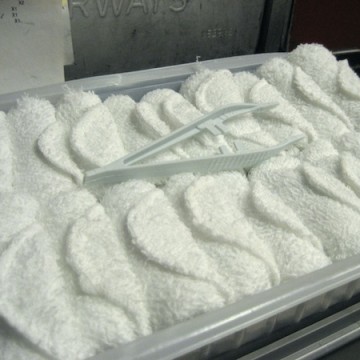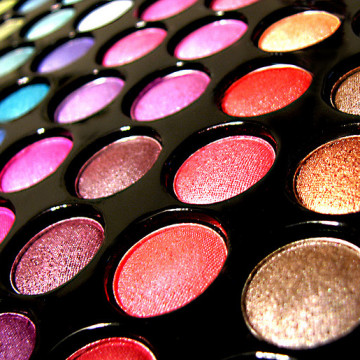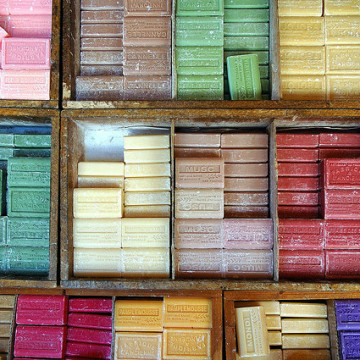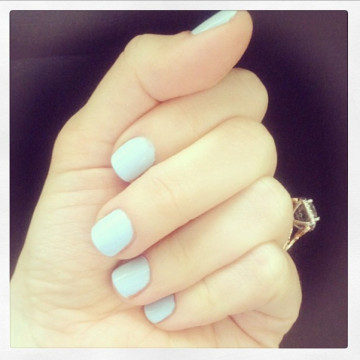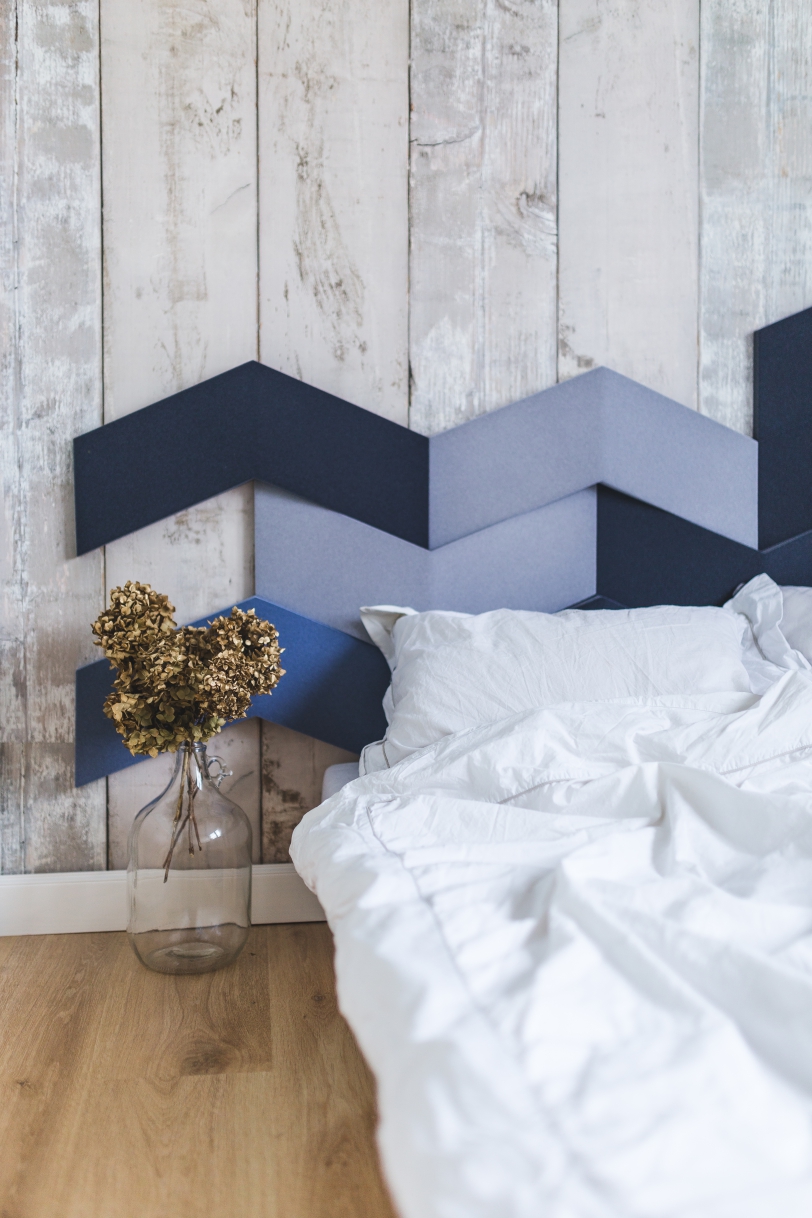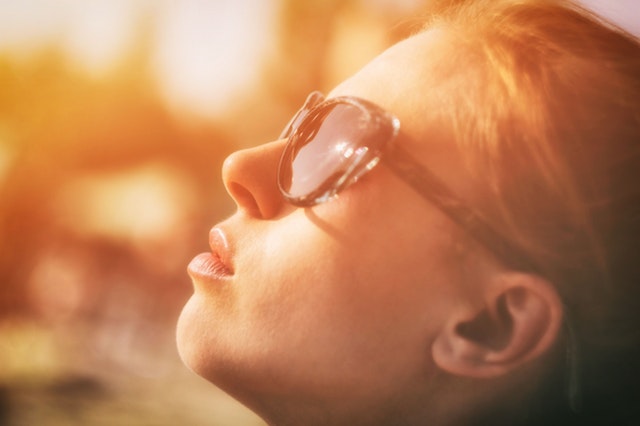As a vegan, I look for beauty products that are free of animal products and animal testing. Luckily for us vegans, there are tons of cruelty free options available to buy (or even make yourself).
However, I realize that animals aren’t the only ones at risk within this context. Plenty of makeup and body products considered vegan have other ethical implications that I can’t get behind: whether it be wastefulness or human mistreatment.
The following four products are popular, but at what cost? You may want to reconsider them the next time you’re searching for your latest beauty buys.
1. Cleansers or exfoliants with microbeads
Those tiny beads in your face cream may be great for sloughing away dead skin cells, but they have a much larger implication beyond the bathroom sink. The beads are made from plastic, which gets washed down the drain and accumulates in the ocean. The beads are especially harmful to marine life, which sometimes mistake them for food.
Use this instead:
Find products with natural exfoliants, like this Burt’s Bees scrub made from ground peach pits. You could also make your own using household products. I like simple, gentle formulas like avocado + oatmeal or olive oil + coffee grounds.
2. Face wipes
While convenient, facial wipes are unnecessarily wasteful. Typically, each wipe gets thrown away after one use (even though there was probably enough product on it to last several uses- but who is going to keep around old, partially-used face wipes?) The materials the wipes are usually made of are not great either. Materials like rayon and polyester are made from non-renewable resources and not biodegradable, meaning they can accumulate over time and pose environmental threats.
Use this instead:
If you must use face wipes when out and about, look for an all-natural, biodegradable kind like these ones from Yes to Cucumbers. Even better, cut them up into halves or fourths so that they last longer. Alternatively, you could also make your own reusable wipes! Learn how here.
3. Makeup containing mica
Mica is what gives eye shadows, mascara, lipstick and the like their shine. Unfortunately, most mica in the United States is sourced through child labor in India. Children as young as six years old work for little or no pay in hazardous conditions, 8 hours a day, 6 days a week to mine the mineral, which is then used primarily in beauty products.
Use this instead:
Epic Mineral Beauty creates makeup that is mica-free (not to mention cruelty-free, fragrance-free and more). The Great Mother on Etsy also sells some gorgeous, naturally pigmented shadows that are free of mica as well. Haut Cosmetics is an all organic, vegan line with Canadian glacial clay base with natural pigments–and their highly pigmented shades are all mica-free.
4. Soaps containing palm oil
As we’ve said before, just because something is vegan does not mean it is safe or healthy. Just like the products listed above, palm oil is no exception. Most of world’s palm oil is produced in Indonesia, one of the most diverse and unique ecosystems on earth. Whole forests are often burned and razed to make room for palm plantations, killing and injuring animals and destroying their habitat. Local villagers are also booted off their land by the palm oil companies. And, once again, palm oil industry is riddled with human rights abuse and child labor.
Use this instead:
Dr. Bronner’s claims that the palm oil used in their products is ethically sourced. However, some other companies like Lush make soaps with a base that is completely free of palm oil.
5. Nail Polish
Recently The New York Times unveiled the devastating truth behind the nail salon industry and its cost to salon workers. It had long been known that conventional nail polish contains toxins and carcinogens like formaldehyde, but the article revealed the tragic long-term effects of being in such close and constant contact with these products: miscarriages, birth defects, respiratory diseases, cancer, and more. Even some brands that are marketed as 3-free or 5-free were found to actually contain those toxins, in lab tests.
Beyond health concerns, if you enjoy getting a manicure at a salon, be aware that many businesses seriously mistreat and abuse their employees, who are frequently illegal immigrants without any other recourse. In New York City area, a nail salon worker may be earning just around $35 a day or around $3 an hour.
Use this instead:
Your best bet is to look for vegan and 5-free nail polish brands online. Doing a DIY manicure isn’t just more affordable–it also saves you from contributing to abuse of salon workers. If you’re at all still concerned, are pregnant or may be pregnant, take the safest route and go au naturale: well-cared for, buffed nails can look just as amazing!
We cannot avoid everything “bad” when it comes to buying/using products; all of them have some sort of ill effect if you analyze them close enough. However, being informed about what really goes into your beauty items can help you to make more informed purchasing decisions. We can all only do our best!
Do you avoid any of these products? What do you like to use instead?
Also see: The Best Natural DIY Manicure
9 Household Products to Make, Not Buy
Get more like this–sign up for our newsletter for exclusive inspirational content!
Photo: Gentlemanrock via Wikipedia, Christopher Doyle via Wikipedia, Courtney Rhodes via Flickr, Alain via Flickr, Mary Hood


